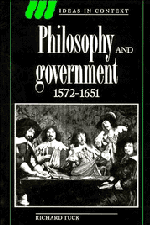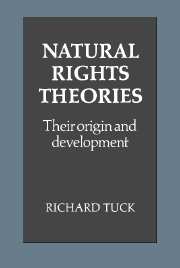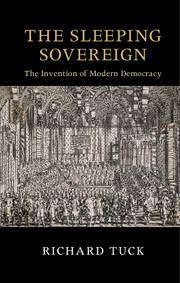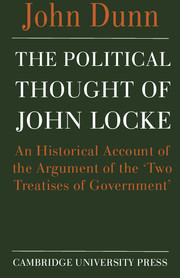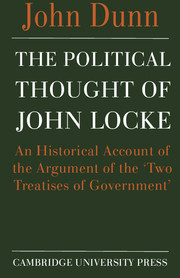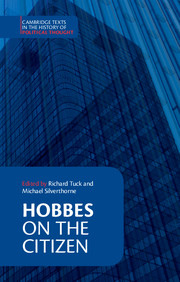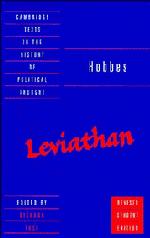Philosophy and Government 1572–1651
Philosophy and Government is a major new contribution to our understanding of European political theory which will challenge the perspectives in which political thought is understood. Framed as a general account of the period between 1572 and 1651 it charts the formation of a distinctively modern political vocabulary, based upon arguments of political necessity and raison d'etat in the work of the major theorists. Whilst Dr Tuck pays detailed attention to Montaigne, Grotius, Hobbes and the theorists of the English Revolution, he also reconsiders the origins of their conceptual vocabulary in humanist thought - particularly scepticism and stoicism - and its development and appropriation during the revolutions in Holland and France. This book will be welcomed by all historians of political thought and those interested in the development of the idea of the state.
- Major new interpretation of political thought in the early modern period
- Tuck is a leading exponent of political thought with controversial views
- Will change the way the subject is studied
Reviews & endorsements
'This is at once a most elegant survey and a highly original work. … this book will be recognised as the most fertile history of political thought in the early modern period.' Ian Harris, Journal of Political Studies
Product details
No date availablePaperback
9780521438858
408 pages
229 × 152 × 23 mm
0.6kg
Table of Contents
- Introduction
- 1. The Renaissance background
- 2. Scepticism, stoicism and raison d'etat
- 3. The spread of the new humanism
- 4. The alternatives
- 5. Hugo Grotius
- 6. The English Revolution
- 7. Thomas Hobbes
- Conclusion
- Bibliography
- Index.

